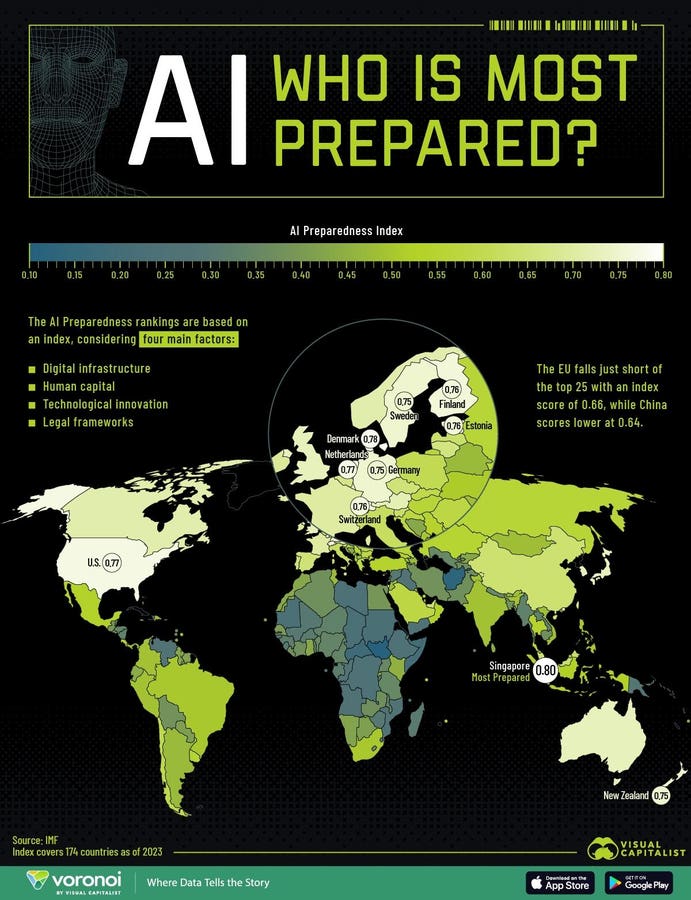
Title: 3 AI Myths That 2025 Will Debunk
The AI revolution has been gaining momentum over the past few years, and with its rapid growth, numerous myths have emerged. As we enter 2025, it’s essential to separate fact from fiction. In this article, I will debunk three widespread assumptions about AI that are likely to be disproven in the coming year.
Myth #1: Prompt Engineering is a viable career path
The rise of Large Language Models (LLMs) like ChatGPT has led many to believe that prompt engineering is an emerging profession. However, I firmly expect this notion to be thoroughly debunked in 2025. The ability to craft effective queries for these applications is not a unique skillset worth certifying or paying a separate fee for. Google searching, for instance, does not require specialized training; you can use it effectively without needing to become an expert. Similarly, using LLMs should be accessible to anyone without requiring a dedicated career path.
Myth #2: AI Detectors are reliable
The proliferation of AI-generated content has led to the development of AI detectors, claiming they can identify whether content was created by a machine or human. However, these detectors will not be able to live up to their promise in 2025. The internal mechanics of AIs generating realistic content make it challenging for another AI to detect its origin. For instance, Generative Adversarial Networks (GANs) involve an internal competition between two AI models – one generating and the other assessing the quality of the output. If these methods improve AI-generated content, can we truly believe another AI can reliably identify it? It seems unlikely.
Myth #3: Using AI and learning about AI are interchangeable concepts
Some have mistakenly equated using AI tools with understanding how they work. While knowing how to utilize AI is crucial for many professionals, the reality is that this is not sufficient. As AI continues to evolve at an incredible pace, it’s essential to grasp its underlying mechanics. I’ve witnessed firsthand the difference between being a proficient user and having in-depth knowledge of how technology functions. For instance, you may be able to operate a computer without needing to understand how it works; however, if your device begins to take over tasks or alter job requirements, knowing the intricacies of AI will become vital.
In conclusion, as we head into 2025, I believe it’s essential to dismiss these myths and focus on understanding the true implications of AI. By doing so, we can prepare ourselves for a future where humans and machines coexist in harmony, with each playing their unique role.
Source: www.forbes.com


